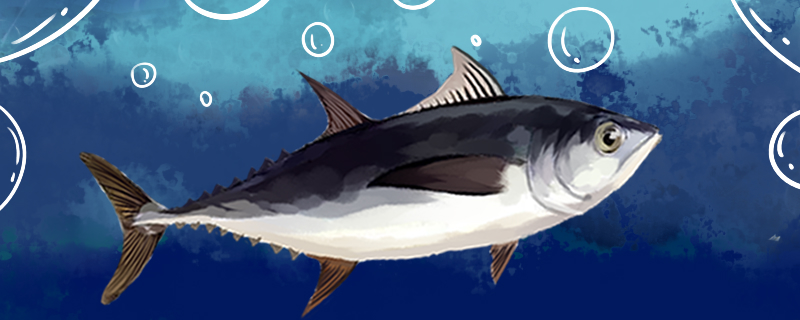
Tuna is a kind of fish. Fish also need to sleep, but because they do not have eyelids, so when we observe them, we will find that their eyes will not close, just like they will not sleep, in fact, they also need to rest. The same is true of tuna, if you keep watching them, you will find that not only do they not close their eyes, they will continue to swim, will not stop. This is because the gills of tuna have been somewhat degraded, and they need to keep swimming to allow water to flow through their gills. If they stop swimming, they will die of suffocation. But even so, tuna do sleep.
As mentioned above, due to the structure of tuna gills, they must always be in a state of swimming before they can breathe, they can not stop, otherwise they can not breathe. Although tuna need to swim all the time, they also sleep, not for a lifetime.
It's just that tuna sleep in a different way than humans and most land animals, and even different from most fish. When most fish sleep, they stay still in one place, and although their eyes are open, we can clearly tell that they are resting. Tunas are different when they sleep, because they swim all the time, so it's sometimes not easy to tell what state they're in. Judging from their speed, they are very fast when they are awake, and they slow down when they sleep, and their metabolism slows down at this time.